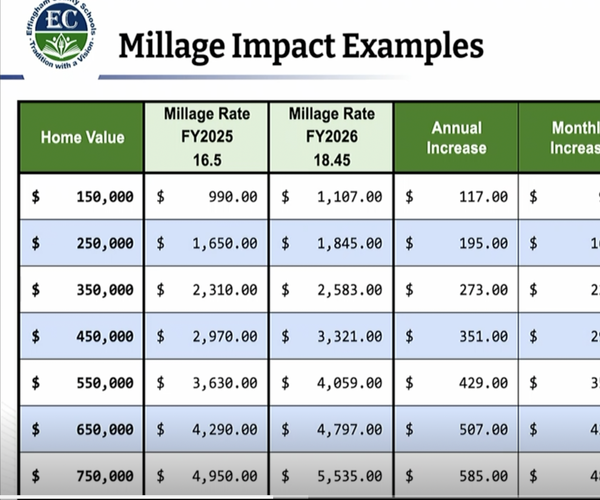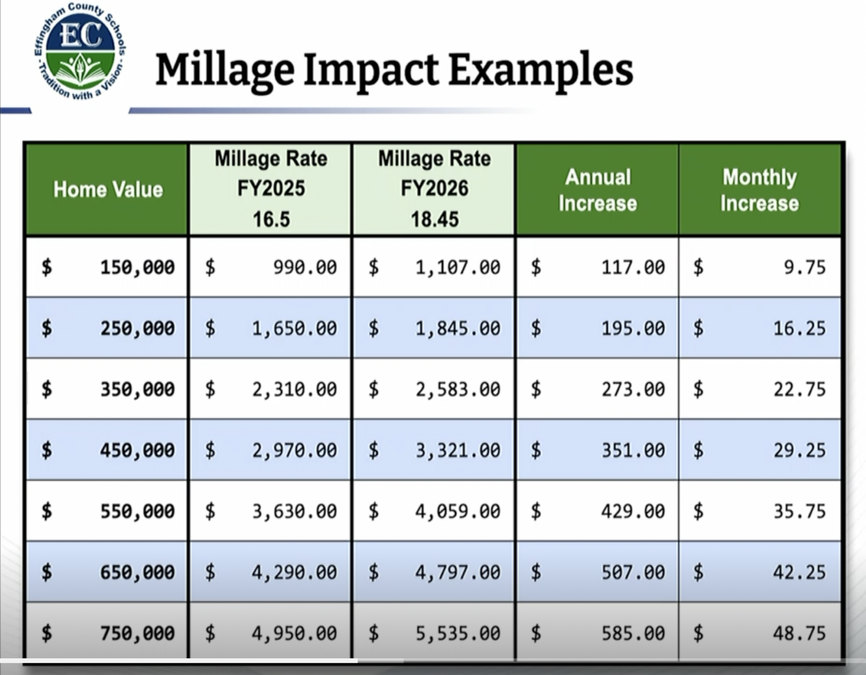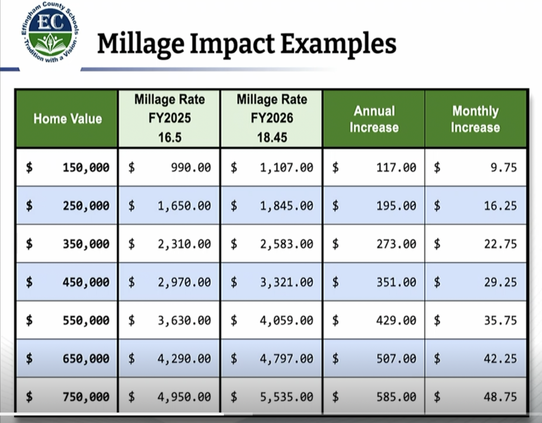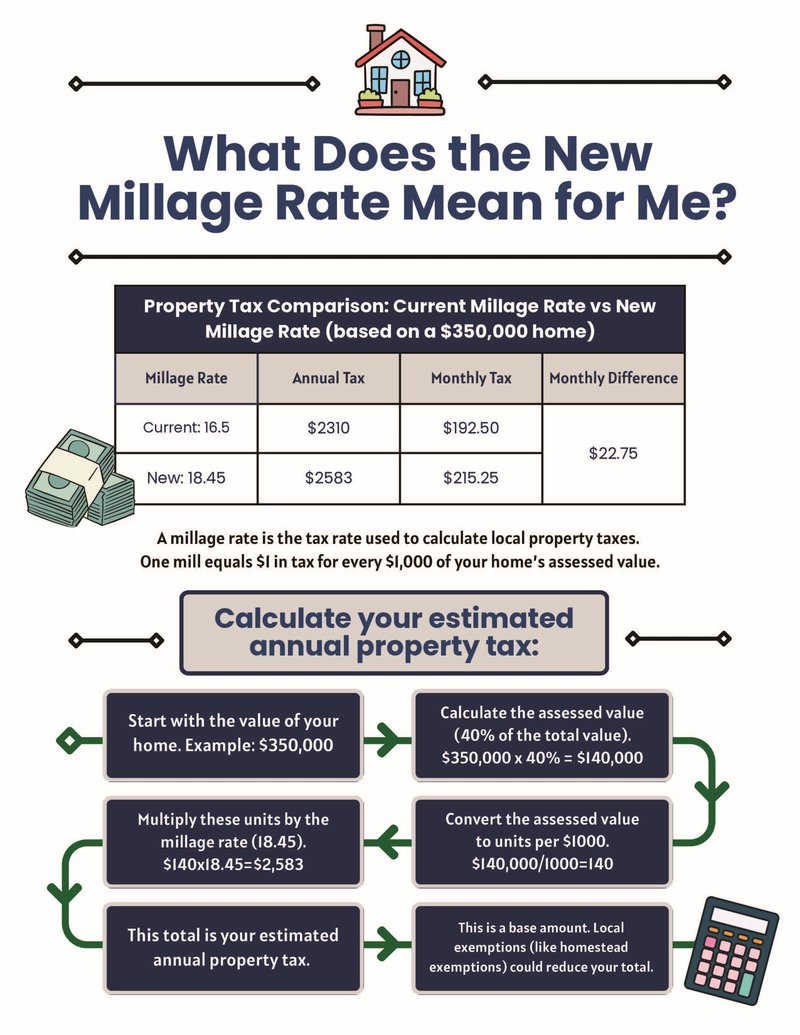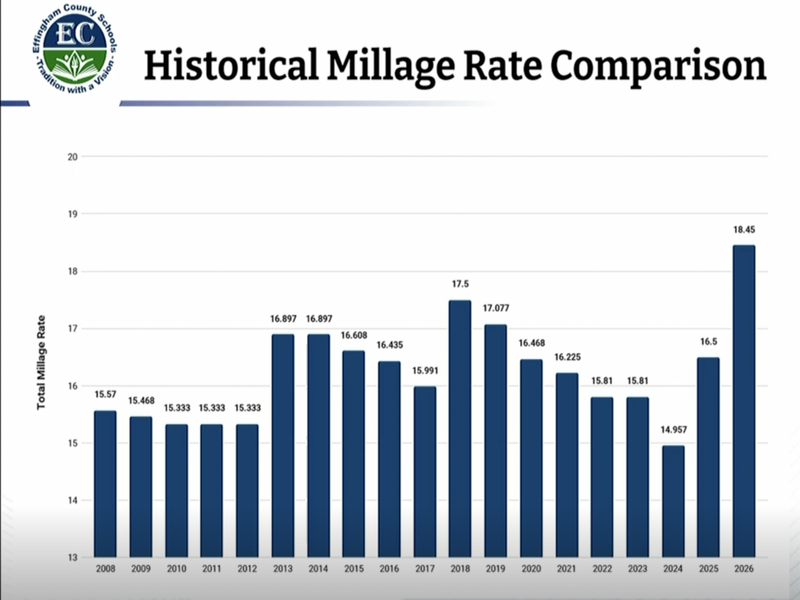Effingham County commissioners are worried a change to a water and sewer agreement may be opening the flood gates of requests from developers.
Commissioners tabled a revision of the water-sewer agreement with Clover Point at Belmont Glen, a 29-lot development. The entire Belmont Glen development has 211 lots, but county engineer Steve Liotta and County Administrator David Crawley said the revised agreement would cover only the 29 lots of Clover Point phase I.
The developer’s letter of credit for approximately $66,000 would cover half the impact fees of Clover Point, Liotta said. Because it is infill development, the 29 lots will be tying into existing county water and sewer lines.
“This is one of the things the board is going to have to take a look at in the future,” Crawley said. “We want to encourage people to get on the existing (water and sewer) lines.”
Previously, the county has asked for letters of credit for half of the total development, Crawley said.
But Commissioner Myra Lewis said she had some serious concerns about the agreement, and assistant county attorney Eric Gotwalt said the county could expect to have
developers ask to reduce their letters of credit for future phases.
“We’re not in the banking business,” Lewis said. “How do you differentiate this, because somebody has to pay for what’s already there? What complications are we going to have if we approve this? What is the precedent going to be? My concern is treating everybody the same.”
Crawley said the revised agreement would only cover water service for the 29 lots.
“The only thing that’s different is they have been zoned for 211 lots,” Liotta said. “But they haven’t built 211 lots. They haven’t platted 211 lots.”
Chairman Dusty Zeigler asked to table the agreement so the commissioners would have a better understanding of what precedents they could be setting.
“I would like to know how it would affect us with other developments,” Commissioner Bob Brantley said.


